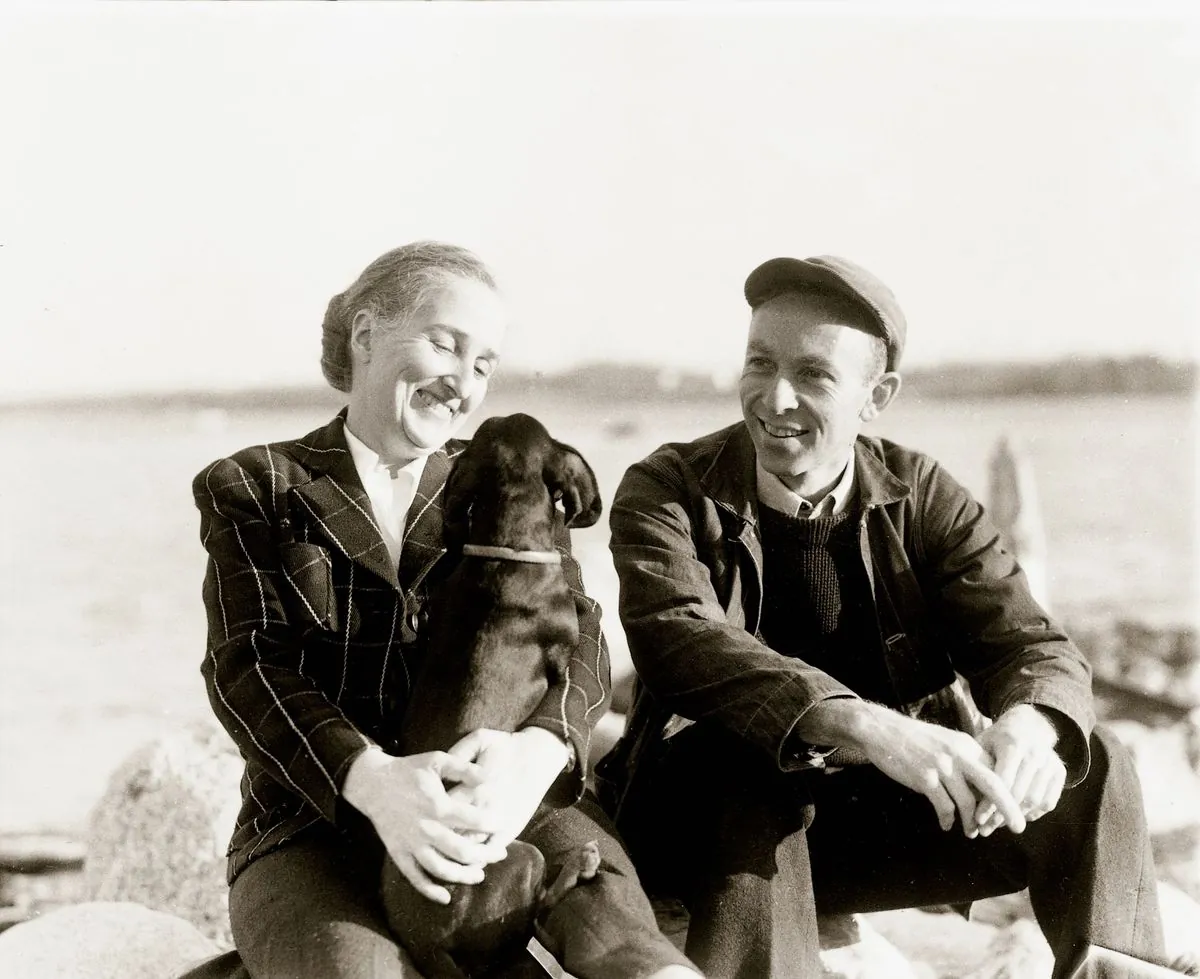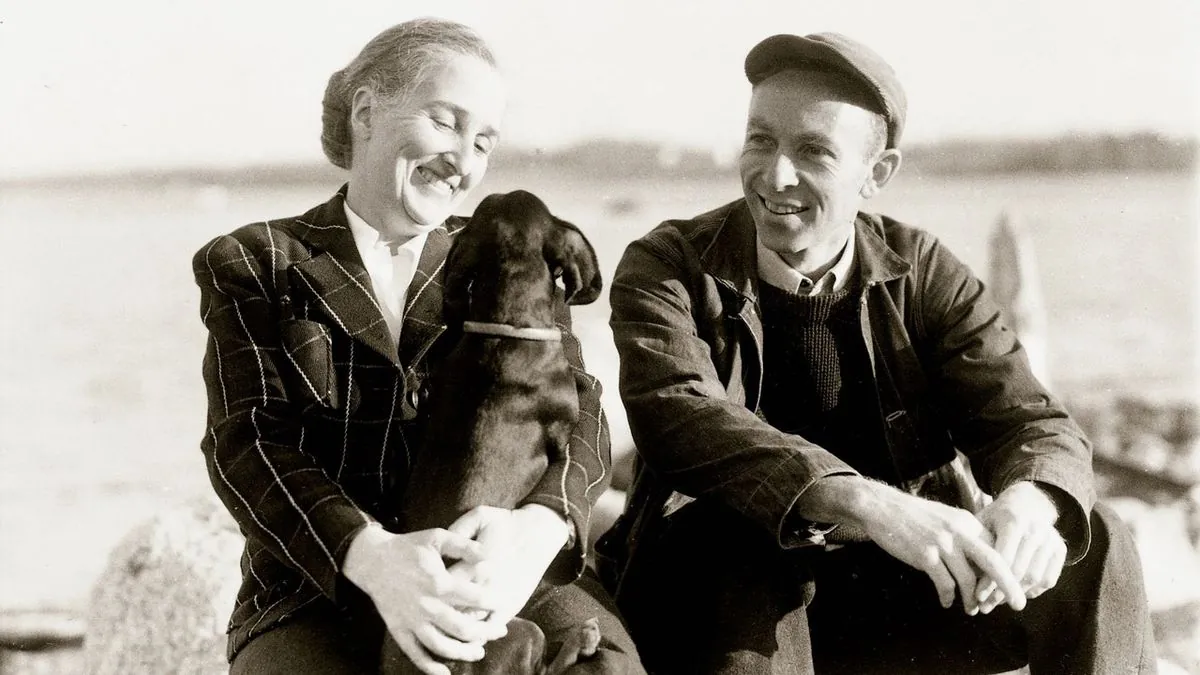Katharine White: The Unsung Architect of The New Yorker's Literary Legacy
A new biography reveals Katharine White's pivotal role in shaping The New Yorker's literary reputation. Amy Reading's thorough research highlights White's influence on 20th-century American literature.

Katharine White, a key figure in shaping American literature, is the subject of a new biography that sheds light on her influential role at The New Yorker. Amy Reading's "The World She Edited" offers a fresh perspective on White's contributions to the magazine's literary legacy.
White joined The New Yorker in 1925, shortly after its founding by Harold Ross. Her impact was immediate, as she transformed Ross's initial concept of a "comic paper" into a respected literary publication. For approximately 35 years, White served as the magazine's de facto executive editor, though The New Yorker was known for its unconventional approach to titles.
The biography draws extensively from The New Yorker's archive, which opened to researchers in the 1990s. This vast collection, containing 800 boxes of editorial correspondence, provides invaluable insights into White's editorial process and her interactions with contributors.
White's "personal-editorial letters" were a hallmark of her approach. These lengthy missives offered support, guidance, and inspiration to authors, shaping both their careers and the magazine's trajectory. Her influence extended to renowned writers such as Vladimir Nabokov, John Updike, and Mary McCarthy.

Reading's research reveals White's significant impact on female writers, including Jean Stafford, Kay Boyle, and Bessie Breuer. The biography argues that these contributions have been underappreciated in previous accounts of The New Yorker's history.
The book also explores White's personal life, including her marriage to E.B. White, a prominent New Yorker contributor, in 1929. Her son from a previous marriage, Roger Angell, later joined the magazine's staff in the 1950s and continued contributing until his death in 2022 at the age of 101.
Reading's work challenges the perception of White as merely "formidable," arguing that this characterization overlooks her nurturing role in developing literary talent. The biography presents White as a "generous magician" to her authors, fostering creativity and providing both emotional and practical support.
"I dreamed that for some unknown reason you had given me a magic purse full of all sorts of sweet things in special pockets. ... I wish I could remember all the little things that were in this purse, all I do remember is that in the coin purse you had put something terribly wonderful instead of money, and I thought 'what a genius she is.'"
While the biography makes a compelling case for White's underrecognized influence, it also sparks debate about the extent of her acknowledgment in The New Yorker's history. Regardless, Reading's thorough research provides substantial evidence of White's crucial role in elevating the magazine's literary reputation.
As of 2024, nearly 64 years after White's retirement, her legacy continues to shape The New Yorker and American literature at large. This biography serves as a testament to her enduring impact and the power of editorial guidance in shaping literary careers.


































